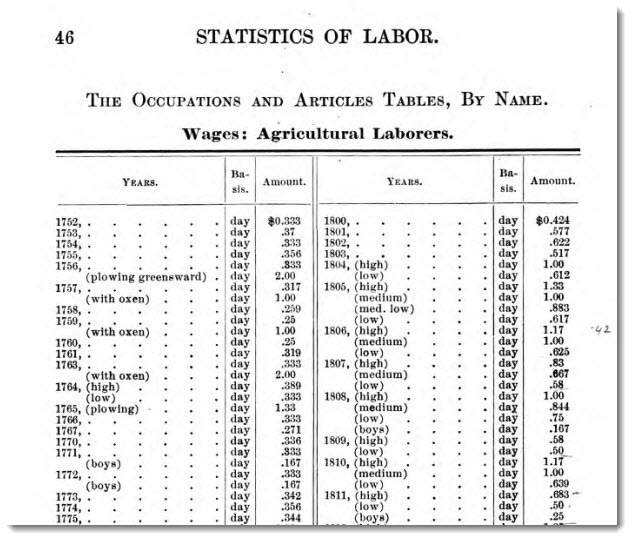The Untold Economic Burden of Slavery
The common view about slavery is that the USA became wealthier as a result of forced and relatively free labor — clothing, room and board had a cost, even if minimal — and although a handful of individuals benefited financially from the horrendous and inexcusable practice, ultimately slavery was a hindrance on economic growth. The credit for the abolishment of the African born inhumane practice was already covered in "Slavery: You’re Free Thanks To White People."
While anger and resentment go understandably hand in hand with slavery, the economic impact has never been exposed from a practical macro cost-benefit analysis. "How Slavery Became the Economic Engine of the South" gives a good summary of the subject but provides an easy to miss contradiction along the way. It starts by stating that "with cash crops of tobacco, cotton and sugar cane, America’s southern states became the economic engine of the burgeoning nation," but the following excerpt indicates that the slave-free North ruled America economically.
When considering leaving the Union, Southerners knew the North had an overwhelming advantage over the South in population, industrial output and wealth.
What truly enriched the country was ingenuity and the resulting technology, such as the cotton gin that "allowed plantations to produce and process inferior 'upland' cotton."
In 1794, inventor Eli Whitney devised a machine that combed the cotton bolls free of their seeds in very short order. Manually, one slave could pick the seeds out of 10 pounds of cotton in a day. The cotton gin could process 100 pounds in the same time.
But there's yet another facet to the issue that has never been addressed and goes to the core of humankind and economics that is hardly taught anywhere. As an example, we'll use Henry Ford and the $5/day wage introduced out of economic necessity, not government regulation.
Henry Ford was a hard-nosed businessman; he didn't introduce the $5 workday because he was a nice guy, says Bob Kreipke, corporate historian for the Ford Motor Co. "It was mainly to stabilize the workforce. And it sure did," Kreipke says. "And raised the bar all over the world."
But here's the important point, regardless of whether Ford meant it or not, and for the record, Western Civilization and "game changers" have a unique relationship.
It's widely believed that Henry Ford also upped wages to expand his market — paying employees enough to buy the cars they made. While that wasn't Ford's main motivation, it was a welcome byproduct, and a game changer, says University of California, Berkeley, labor economist Harley Shaiken.
The often elusive and much coveted middle class was obviously absent during the heyday of Southern plantations, and slaves, an underclass that didn't contribute to market consumption, hindered economic prosperity. Short sighted slave owners should have hired local farm hands and paid reasonable wages, and they would be just as wealthy, if not wealthier, while the middle class, the foundation and strength of a successful free market, would have been born 100 years sooner.
A market for agricultural laborers existed in America, with a daily wage of 33 cents in 1752, and certainly slaves weren't the shoppers buying cotton products and other crops in America or Europe.
Northerner Andrew Carnegie's net worth in today's dollars was $300 billion, equal to the combined wealth of Jeff Bezos, Bill Gates and Warren Buffett, and although he wasn't an angel, he never used slave labor.
Carnegie believed deeply in the cause of Negro education and saw slavery as blight on the country’s “Triumphant Democracy.” Further, he believed that Blacks would benefit from the support of northern White philanthropist like himself.
Although political correctness is used to shield the inept, keeping a lid on the truth, suffice it to say that Western Civilization would have been far better off if Africans had never been brought to the New World. Current generations are not responsible for slavery, but they endure the seemingly endless guilt trips imposed by the morality police, and, worse yet, are now saddled with the social burden of slave offspring while constantly catering to their shortcomings through taxation and questionable social programs.
Africans are still undeveloped and inept in the 21st century through no fault of Western Civilization, with a prime example in "The Ethiopia That White Privilege Didn’t Build" the only African country that escaped colonization.
It's never about hate, racism, or bigotry, but rather the acceptance of the harsh reality as presented by the socio-techno-economic facts. Slave buyers, sellers and owners were at fault, but they're long gone, and society will deal with the current situation in an emotionless and efficient manner. The time to sweep the problems under the rug has passed.





